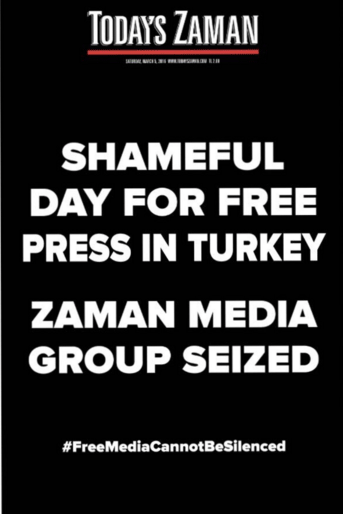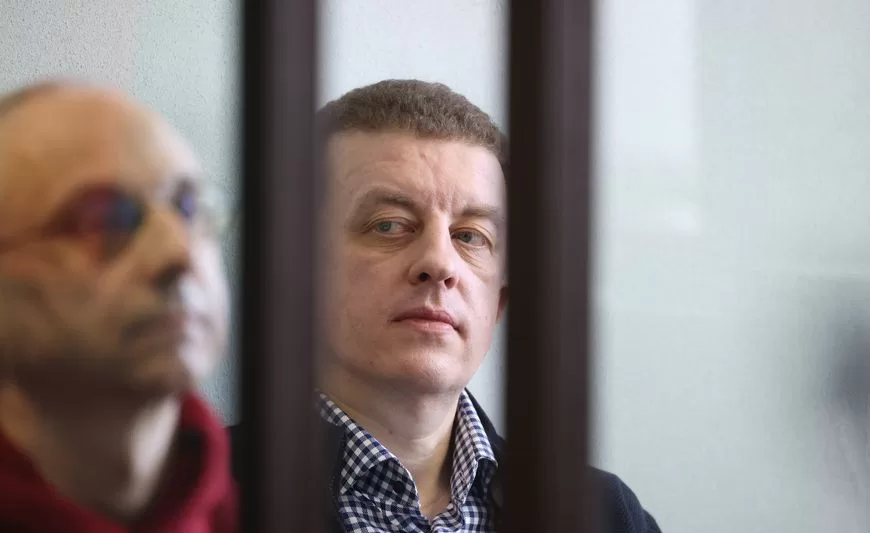This column was originally submitted to Today’s Zaman, but was rejected by the new management. Doğu Ergil is a Turkish sociologist, political scientist and academic, and was a columnist for Today’s Zaman.
The numerical figures of the reality of Syrian refugees in Turkey is as follows: 2.2 million of the 4.3 million displaced Syrians who have been registered as persons of concern by the Office of the United Nations High Commissioner for Refugees (UNHCR) currently reside in Turkey. There is an estimated 0.4 million who have settled in various parts of Turkey relying on their own financial resources. The total number of Syrian refugees in Turkey is higher than the entire population of six of the EU’s 28 member states.
What truly scares Europe in terms a massive influx of “others” who can neither be assimilated nor accommodated is not sufficiently evaluated in Turkey. This is due to two factors. First the incumbent government wanted to win the hearts and minds of the Syrian asylum seekers fleeing from a tyrant who they believed would quickly wither away.
The return of the displaced people with gratitude and love for Turkey and its leadership would boost Ankara’s desire to shape the future of Syria and the Levant. Hence their warm welcome was accompanied by thoughts of temporary duress with large dividends to follow.
Secondly, the people of Turkey were influenced by the rekindled ideological rhetoric of Islamic brotherhood/solidarity and reclaiming the old territories of the Ottoman past. However, as years passed and the calculations over Syria changed, the permanence of Syrian refugees became apparent just as the realisation of the magnitude of humanitarian, social, economic and security challenges.
The big question is whether Turkey alone can bear the burden of hosting more than 2.5 million refugees without outside/international aid and support. Here comes the EU threatened by an unprecedented influx that it can neither accommodate nor assimilate. Neither Turkey’s capabilities nor Europe’s political stance have been amenable to a sustainable management of the current refugee crisis.
Consequently, this week necessity brought Turkish and EU leaderships to work out a sustainable process whereby Turkey will build the capacity to host most of the Syrian refugees and Europe will take in a limited number of them through a gradual filtering system. In return, the EU will help Turkey to carry the burden of hosting millions of refugees.
Another matter of bargaining was the lifting of visa requirement for Turkish citizens in the Schengen area. Indeed the Turkish leadership feel discriminated against on this issue when compared with other EU applicant countries (i.e., Western Balkan countries) or with third countries concerning the restrictive EU visa policy. They have concrete expectations from Brussels in this respect.
In fact, a political deal was reached in 2012 for the readmission into Turkey of third-country irregular migrants who enter the EU via Turkey in return for visa liberalisation for Turks traveling to the EU. This agreement is of great sentimentality in the overall EU-Turkey relationship given the fact that the latter’s membership seems to be farfetched.
These issues were the issues discussed by the Turkish prime minister and accompanying officials with EU representatives in Brussels this week. So far information obtained indicates that any passage of refugees further west from the Balkan countries they have reached will be obstructed. This means the so called “the Balkan corridor” will be closed.
Already a series of countries on the route have prevented the entry of migrants of Middle Eastern origin. Brussels does not want individual initiative by member states. Otherwise the crisis cannot be handled effectively. For example Macedonia allows only a limited number of refugees from Greece each day. This leads to a swelling of the number of refugees on the border towns of Greece like Idomeni, where nearly 10,000 wait on. The EU promised 700 million euros to Greece in relief.
What the EU wants is for Turkey to readmit those refugees who are not given legal rights of entry. As German Chancellor Angela Merkel has said, the 3 billion euros earmarked for Turkey can be used to build schools for refugee children and development of employment opportunities for the adults. But these piecemeal and incomplete initiatives are no panacea for either Turkey or the humanitarian crisis born out of the dismal conditions of the Middle East.
First of all given the conditions in the Middle East, namely Syria and Iraq, the return of the displaced people is not a possibility in the short term or even the medium term. Secondly, without peace and stability in the home countries, more asylum seekers will be knocking on the doors of Turkey and Europe.
So it is the mutual responsibility of mankind to end the root causes of the ongoing conflicts and stop the misery of their fellow men and women. We will see if humanity, especially “civilised countries,” will show this acumen and conscientious behavior.
Add your support to Index on Censorship’s petition to end Turkey’s crackdown on media freedom.







